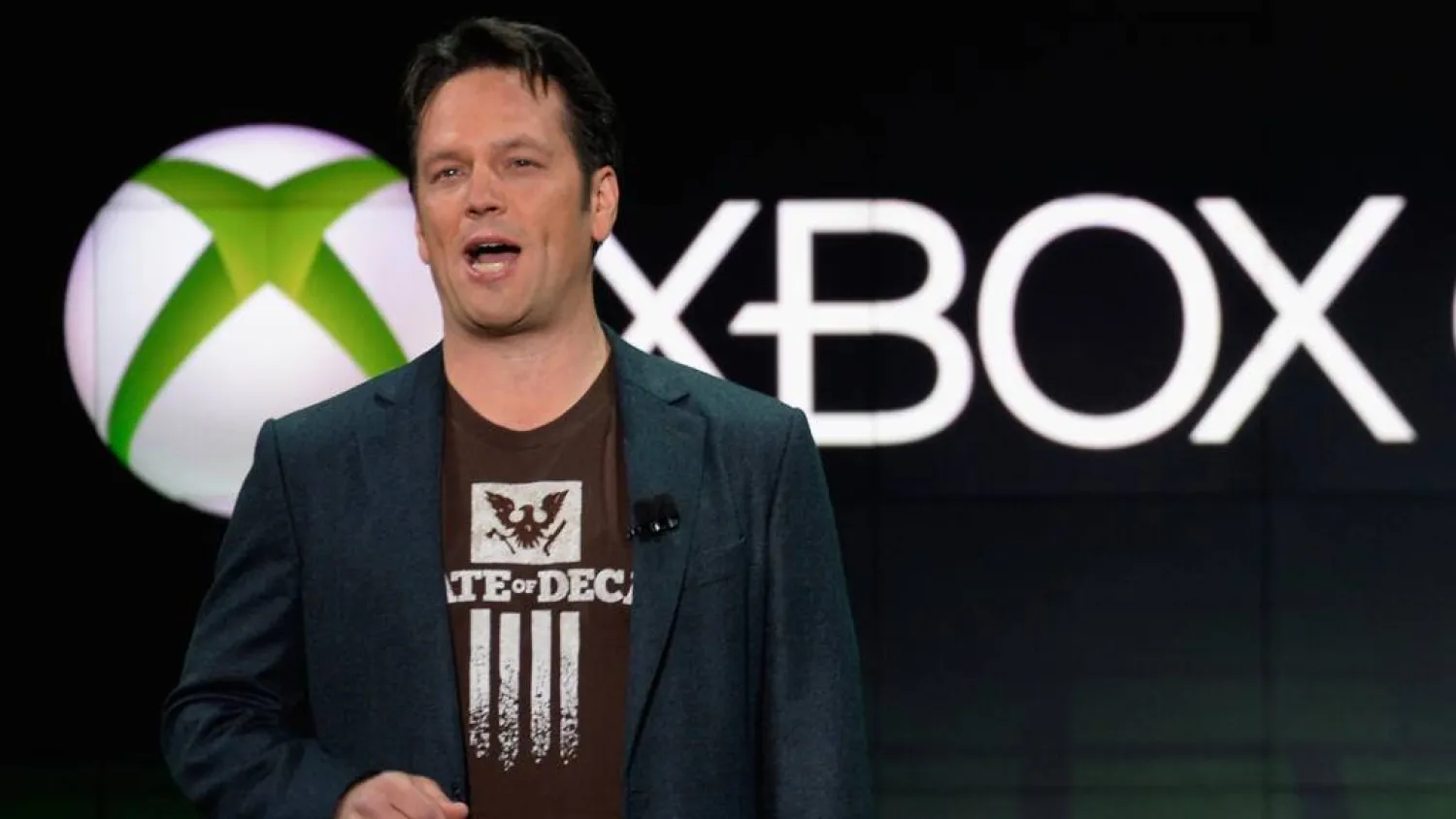The White House on Monday gave federal agencies 30 days to purge Chinese-owned video-snippet sharing app TikTok from all government-issued devices, setting a deadline to comply with a ban ordered by the US Congress.
Office of Management and Budget director Shalanda Young in a memorandum called on government agencies within 30 days to "remove and disallow installations" of the application on agency-owned or operated IT devices, and to "prohibit internet traffic" from such devices to the app.
The ban does not apply to businesses in the United States not associated with the federal government, or to the millions of private citizens who use the hugely popular app, AFP said.
However, a recently introduced bill in Congress would "effectively ban TikTok" in this country, according to the American Civil Liberties Union (ACLU).
"Congress must not censor entire platforms and strip Americans of their constitutional right to freedom of speech and expression," ACLU senior policy counsel Jenna Leventoff said in a release.
"We have a right to use TikTok and other platforms to exchange our thoughts, ideas, and opinions with people around the country and around the world."
Owned by Chinese tech giant ByteDance, TikTok has become a political target due to concerns the globally popular app can be circumvented for spying or propaganda by the Chinese Communist Party (CCP).
The company did not immediately respond to the White House guidance.
The law signed by US President Joe Biden last month bans the use of TikTok on government-issued devices. The law also bans TikTok use in the US House of Representatives and Senate.
National security concerns over alleged China spying have grown over the past month after a Chinese balloon traversed US airspace and was eventually shot down.
- Canada, EU bans -
The Canadian government on Monday banned TikTok from all of its phones and other devices, citing fears about how much access Beijing has to user data.
Effective Tuesday, "the TikTok application will be removed from government-issued mobile devices. Users of these devices will also be blocked from downloading the application in the future," the government said in a statement.
The European Commission banned the app from its equipment too.
TikTok has repeatedly rejected accusations it shares data or cedes control to the Chinese government.
TikTok's breakneck rise from niche video-sharing app to global social media behemoth has brought plenty of scrutiny, particularly over its links to China.
The company was forced to admit ByteDance employees in China had accessed Americans' data but it has always denied turning over personal information to the Chinese authorities.
TikTok has moved to soothe US fears, announcing in June 2022 that it would store all data on American users on US-based servers.
Bans have not halted TikTok's growth.
With more than one billion active users it is the sixth most used social platform in the world, according to the We Are Social marketing agency.
Although it lags behind the likes of Meta's long-dominant trio of Facebook, WhatsApp and Instagram, its growth among young people far outstrips its competitors.









